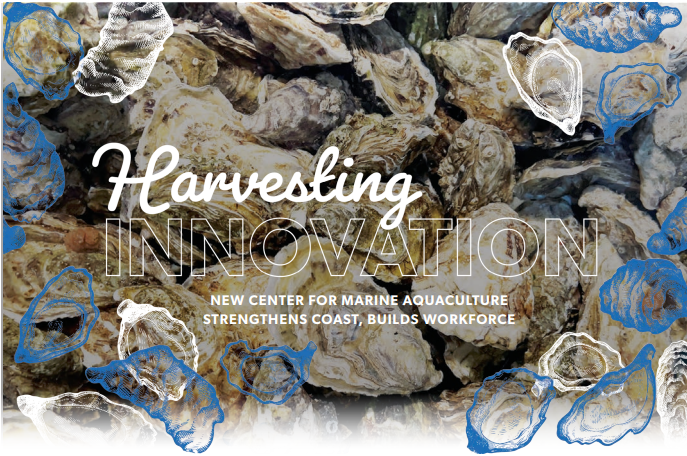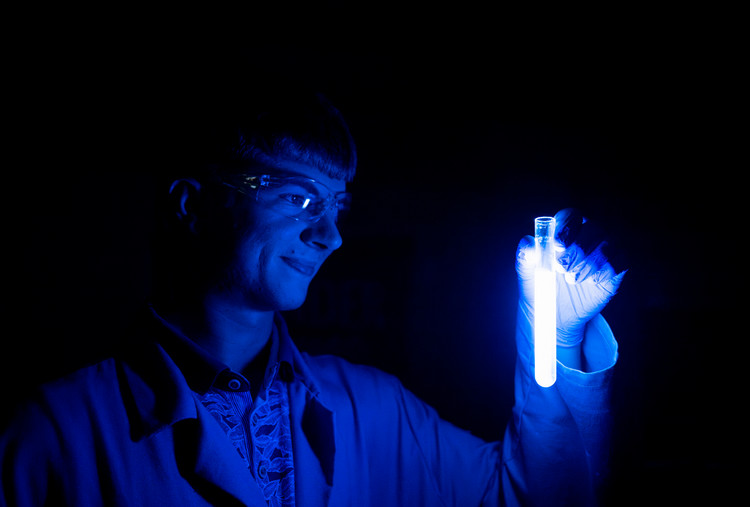Marine Chemistry Professor Secures $375K National Science Foundation Grant
CORPUS CHRISTI, Texas – A Texas A&M University-Corpus Christi College of Science and Engineering researcher has been awarded a grant from the National Science Foundation’s Chemical Oceanography Program for $375,085 as part of a collaborative research project with a team at the University of Massachusetts-Dartmouth.
Dr. Lin Zhang, A&M-Corpus Christi assistant professor in marine chemistry, serves as the principal investigator for the project that aims to reconstruct past sources of nitrogen, use patterns, and trophic structures in surface waters of the Gulf of California, equatorial Pacific Ocean and the Sargasso Sea in the North Atlantic Ocean, three bodies of water with different mechanisms of nitrogen supplies. The overall goal is to understand the processes regulating marine nitrogen inventories, food web structures in ecosystems, and to reconstruct past variations preserved in sediment records.
Nitrogen is a limiting nutrient – a biological term that refers to a relatively scarce naturally occurring element – over most of the surface ocean. Fixed nitrogen such as nitrate controls absorption of atmospheric carbon dioxide and production of organic matter by marine plants and algae.
While nitrogen gas comprises 78 percent of the planet’s air by volume, it must undergo a process called “nitrogen fixation” so that it can be converted by microbes into a usable form such as nitrate or ammonium for marine organisms, Zhang said.
The purpose of Zhang’s grant is to reconstruct nitrogen sources and utilization patterns in three different locations using a novel tracer, which is compound-specific isotopic ratios in amino acids preserved in sinking particles and surface sediments.
Zhang’s team consists of one Islander Ph.D. student in the interdisciplinary marine biology program, one visiting Ph.D. student, and several undergraduate students, some of who are supported by the Louis Stokes Alliances for Minority Participation (LSAMP) program for underrepresented students.
Students in the McNair Scholars Program are also encouraged to contact Zhang to develop their own research topics based on this grant. McNair Scholars Program is a federally funded program to support members of an underrepresented group or first-generation college students with financial need who are pursuing degrees in science, technology, engineering or math (STEM) fields. The study will also train students in stable isotope biogeochemistry and oceanography, according to the grant abstract.
The investigators will measure nitrogen isotope ratios of individual amino acids in sinking particles collected by sediment traps that float between 300 and 3,200 meters.
“My collaborator and I have been thinking about this project for the past 10 years,” Zhang said. “This will be a breakthrough in paleo nitrogen cycle studies because the newly developed method enables analysis that could not have been done before. This method can be used broadly by nitrogen study communities and ecologists to study trophic web structures.”











